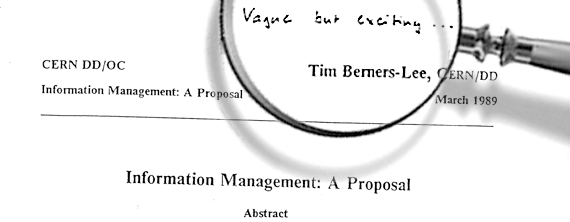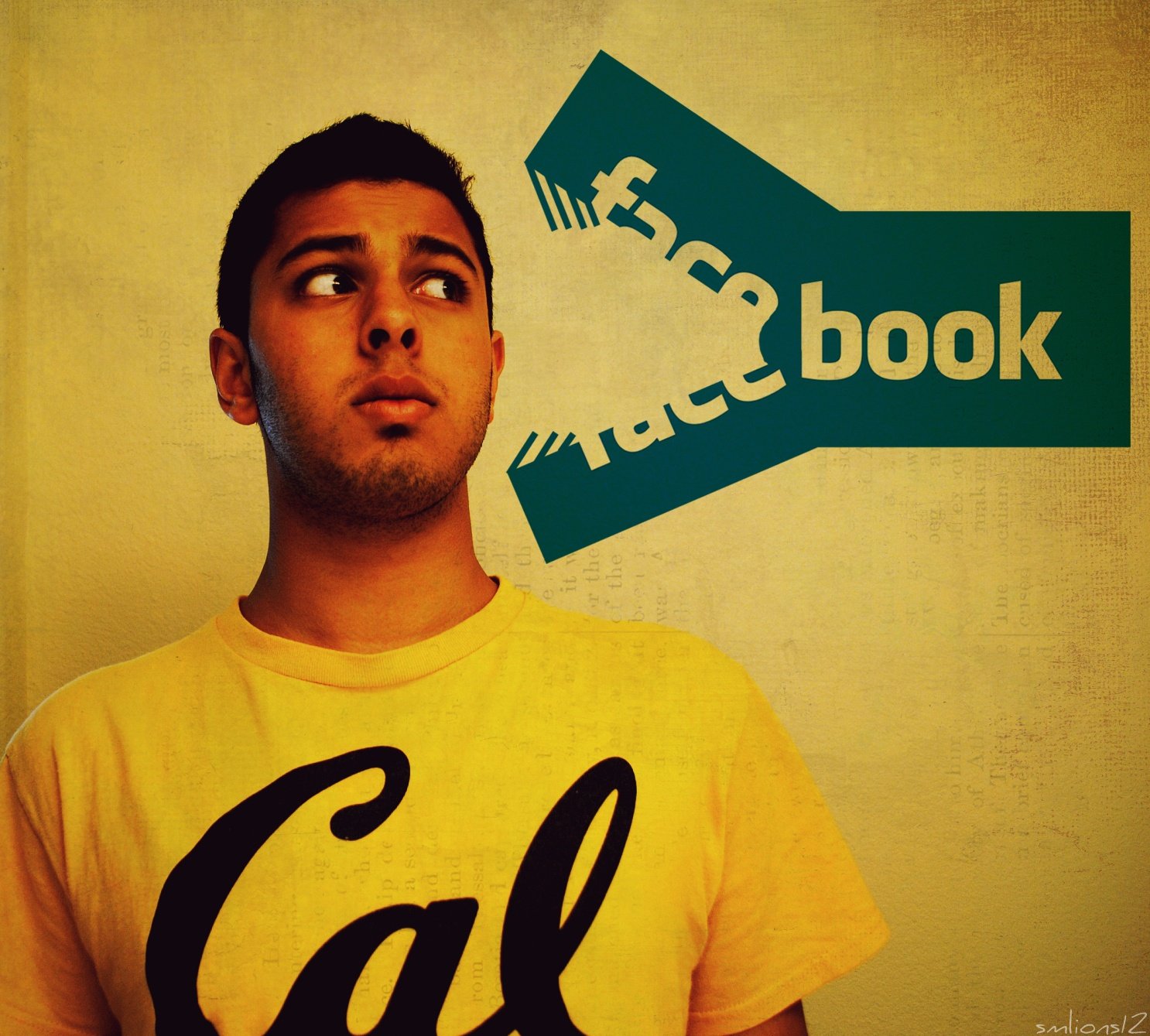Ed. Note.: This post, by Ashwin Murthy, is a part of the NALSAR Tech Law Forum Editorial Test 2016. For centuries rights have slowly come into existence and prominence, from the right to property to the right to vote and the right against exploitation. In the increasingly digital world of interconnection, the latest right to…
REGULATIONS FOR SELF-DRIVING CARS
Ed. Note.: This post, by Vishal Rakhecha, is a part of the NALSAR Tech Law Forum Editorial Test 2016. Self-driving cars have for long been a thing of sci-fi, but now with companies like Uber, Google, Tesla, Mercedes, Audi and so many more conducting research in this field they don’t seem as unrealistic. Self- driving…
AADHAR AND THE RIGHT TO PRIVACY
Ed. Note.: This 101, by Vishal Rakhecha, is a part of the NALSAR Tech Law Forum Editorial Test 2016. The Aadhaar (Targeted Delivery of Financial and Other Subsidies, Benefits and Services) Act, 2016 or simply the Aadhaar Act passed in the Lok Sabha to facilitate the transfer of benefits and services to the individuals. This…
TORRENTS: THE LEGAL RAMIFICATIONS
Ed. Note.: This 101, by Kaustub Bhati, is a part of the NALSAR Tech Law Forum Editorial Test 2016. Have you ever used a torrent to download something not available freely? You must have. Ever wondered how it works and why there is so much fuss about it being illegal and people using it might…
Refugee crisis in a digital age
Ed. Note.: This post, by Kaustub Bhati, is a part of the NALSAR Tech Law Forum Editorial Test 2016. How many people worldwide are currently displaced or stateless? How many people are adrift in the Mediterranean Ocean in search of a new home? What helps them in this perilous journey and guides them to their…
Meet the New Internet, Same as the Old, Old Internet – except its not the Internet (Part III – the Future of Networks)
This is the third post in this series; the first two, which set the background for the issue, are available here and here. The question therefore becomes – is it time we look beyond the ‘internet’ as it exists, to newer models of communication? The ‘models’ I refer to here are not absolutely novel –…
Meet the New Internet, Same as the Old, Old Internet – except its not the Internet you know (Part II – The Tangled Wires)
This is the second in my three-part series on the issue. The first and third parts are available here and here. Tangle One I’ll start with a side-note. In public debate, somehow, Network Neutrality ends up being represented as an absolutist concept, as “ISPs should perform no discrimination between the data travelling on their networks”….
Meet the New Internet, Same as the Old, Old Internet – except its not the Internet you know (Part I – a bit of Background)
This is the first post in my three-part series on Network Neutrality, the internet, innovation, and the future of networks. The second and third post are available here and here. The fundamental idea of the Schumpeterian model of Creative Destruction images a continuous cycle of Creation and Destruction of monopolies, presenting a continuous story of…
Role of Intermediaries in Countering Online Abuse: Still a Work In Progress, Part II
This is the second in a two-part series by Jyoti Panday of Centre for Internet and Society, Bangalore, on the role of intermediaries in addressing online abuse. The first part of this post is available here. SIZE MATTERS The standards for blocking, reporting and responding to abuse vary across different categories of platforms. For example,…
Role of Intermediaries in Countering Online Abuse: Still a Work In Progress, Part I
The TechLawForum@NALSAR is happy to bring you a detailed two-part post by Jyoti Panday of Centre for Internet and Society, Bangalore, on the role played by Intermediaries in countering abuse on the internet. Jyoti is a graduate of Queen Mary’s University, London. Her work focuses on the interaction between intermediaries, user rights, and and freedom of expression. …

